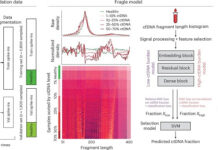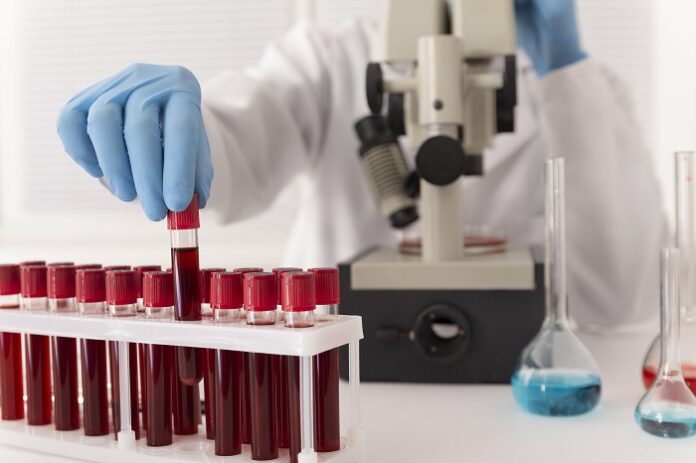In a major advancement in cancer diagnostics, a multi-institutional research team led by Dr. Raj Nagarkar, Managing Director and Chief of Surgical Oncology and Robotic Services at HCG Manavata Cancer Centre (HCGMCC), Nashik, has developed a revolutionary blood test detects 30 types of cancer, including pancreatic, lung, and ovarian cancers, with an average accuracy of 98.4%.
Powered by Machine Learning and Metabolomics
Published in the journal Cancer Reports, the study introduced a novel serum metabolome-based diagnostic platform. This platform uses machine learning algorithms to analyze unique metabolic signatures associated with cancer. The test profiles more than 8,000 metabolites in the patient’s blood serum and uses a proprietary Cancer Detection Artificial Intelligence (CDAI) algorithm developed in collaboration with PredOmix Technologies.
Large-Scale Clinical Trial Demonstrates Exceptional Sensitivity
As reported by expresshealthcare, the researchers conducted a clinical trial involving 6,445 participants, including 2,831 confirmed, treatment-naïve cancer patients across all four stages of the disease. Impressively, the test showed high sensitivity even in early-stage cancers, with Stage I detection reaching 98.9%—a significant leap over existing diagnostic tools.
“This blood test consistently detects cancer across all stages and age groups with sensitivity above 96%,” said Dr. Nagarkar. Such performance, particularly in early-stage cancers, virtually matches no other.
Addressing Cancer’s Silent Progression
“Cancer’s danger lies in its silent progression,” Dr. Nagarkar explained. “By identifying the metabolic ‘fingerprint’ left by tumours, we’ve developed a universal early warning system. Early detection is still the most effective strategy for reducing cancer mortality.”
This test stands apart from other multi-cancer early detection (MCED) methods that rely on circulating tumour DNA, which often struggles with low biomarker concentrations in early disease. By analyzing metabolic shifts in the blood, the new method offers a more sensitive and reliable diagnostic tool.
Scalable Solution for Population-Wide Screening
Dr. Nagarkar emphasized the potential impact of this innovation, especially in low- and middle-income countries. “Current screening methods only cover five cancers and often generate high false-positive rates,” he noted. “This test expands coverage to thirty cancers, reduces the risk of over-diagnosis, and offers a cost-effective, minimally invasive option suitable for large-scale screening.”
The test has received ethics approval and is registered under CTRI/2023/03/050316. It was developed through collaborations with PredOmix Health Sciences, North East Cancer Hospital, and IPGME&R. Indoriv Clinical and other partner institutions across India also contributed to the effort.
Next Steps: Wider Trials and Tissue-of-Origin Prediction
Looking ahead, the team is preparing for larger, multi-center clinical trials and working toward commercial rollout. They are also integrating tissue-of-origin prediction capabilities, which would allow physicians to quickly initiate targeted follow-up diagnostics and treatments.
Dr. Nagarkar concluded, “This is not just science—it’s hope. By detecting cancer early, we can change survival outcomes and ease the immense physical, emotional, and financial burden of late-stage cancer.”
























